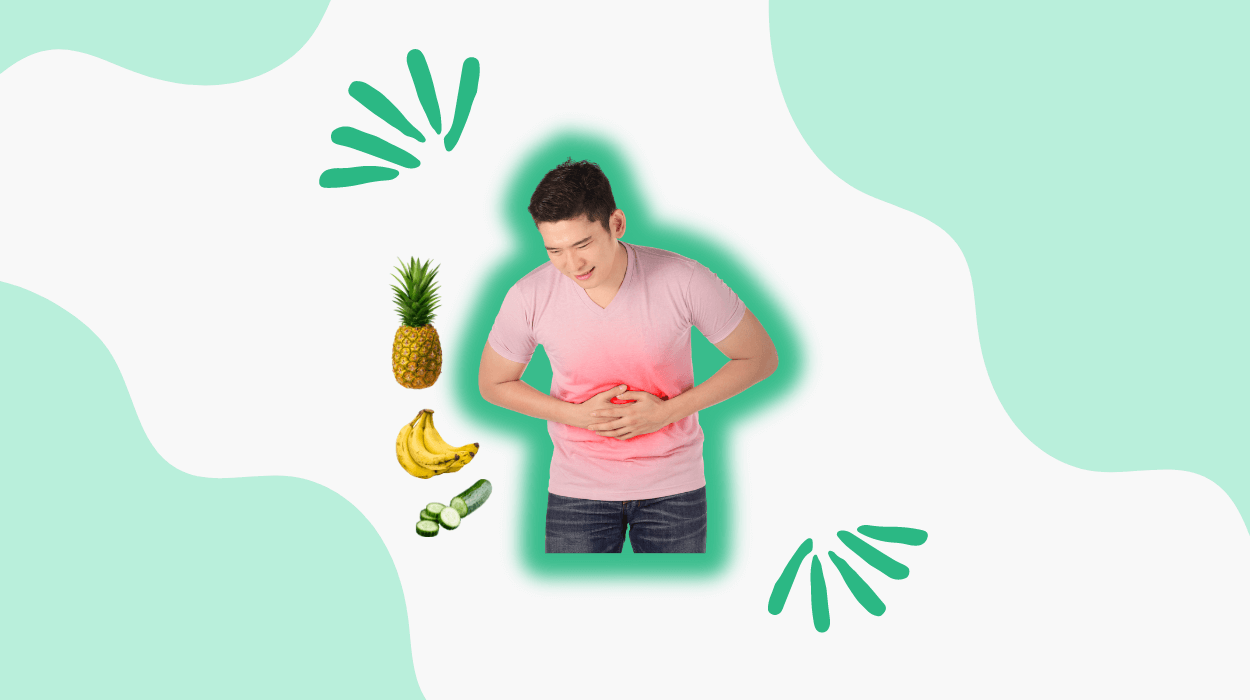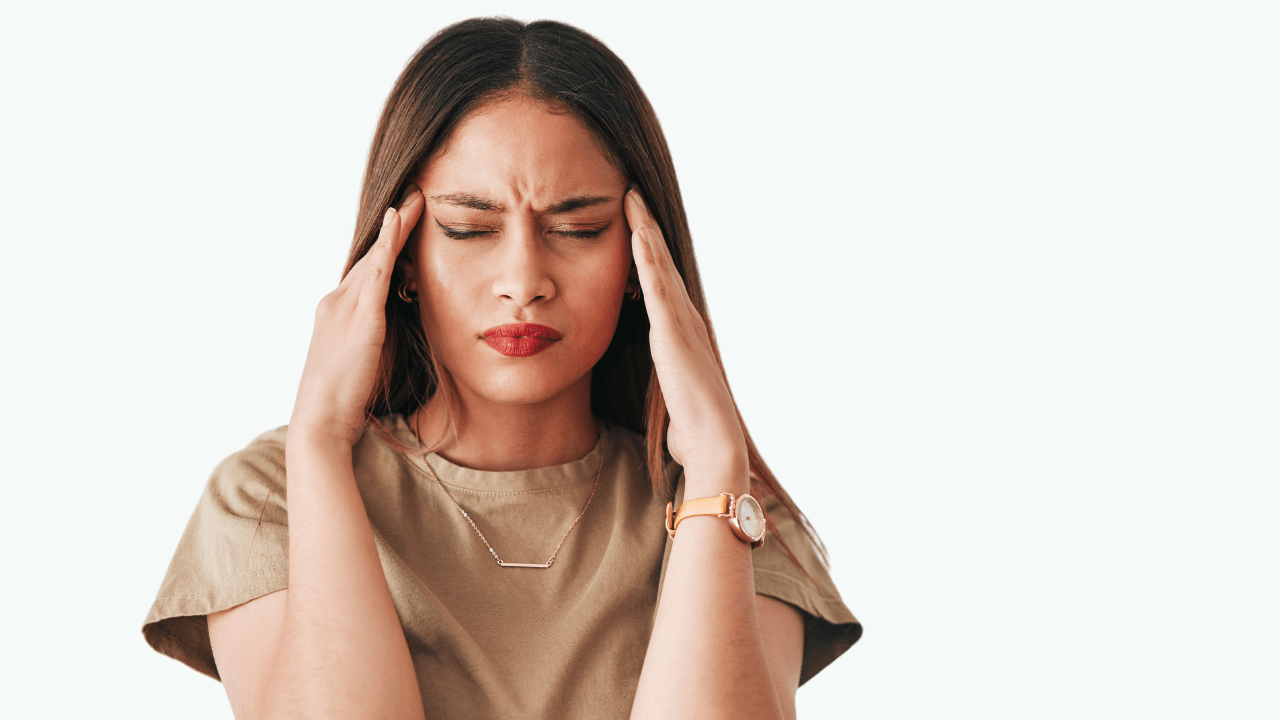

Feeling anxious for no particular reason could be due to free-floating anxiety. It could manifest as a constant state of worry, nervousness, and fear without a reasonable cause.
Instead of feeling anxious about a particular object or specific situation, you may feel worried, anxious, or concerned for no apparent reason. You could be taking a stroll, reading a book, or waiting in a line when suddenly you feel anxious.
Free-floating anxiety may serve as a key characteristic of generalized anxiety disorder (GAD). However, free-floating anxiety may exist independently of GAD or any other diagnosed mental health condition.
Understanding the nature of free-floating anxiety may help navigate its complexities.
Free-floating anxiety may manifest as a continuous sense of unease and apprehension. You may encounter bothersome emotional responses such as irritability, restlessness, and a general feeling of unease.
This form of anxiety could also induce physical symptoms. These signs may include fatigue, insomnia, tense muscles, headaches, and gastrointestinal discomfort (like nausea and diarrhea).
Those grappling with free-floating anxiety often struggle with concentration, finding it challenging to focus on the tasks at hand. The cognitive aspect of the condition may worsen feelings of unease and discomfort, further impacting daily functioning and productivity.
In rare cases, you might also experience sudden panic attacks, intensifying the already distressing nature of free-floating anxiety.
According to a small research study, free-floating anxiety may co-exist with mental health conditions like post-traumatic stress disorder(PTSD) and depression.

Anxiety may be inherited, as certain genes might predispose you to anxiety disorders. A research study suggests that parents with a generalized anxiety disorder may have an increased likelihood of passing it to their offspring.
Genes linked to free-floating anxiety may be triggered by environmental factors, amplifying the risk of anxiety development. The genes that could predispose you to free-floating anxiety may raise your susceptibility to other anxiety disorders like agoraphobia or social anxiety.
Your genetic makeup could play a part in shaping your personality traits. The fact may be supported by a research finding that indicated a correlation between anxiety and neuroticism.
Evolutionary factors may influence the development and manifestation of free-floating anxiety.
Human brains have evolved to anticipate worst-case scenarios as a survival mechanism. This perpetual problem-solving mode might cause free-floating anxiety when the brain lacks immediate engagement, causing it to invent problems to solve.
Your brain may naturally be inclined to seek out potential threats when not actively focused on a task. Such tendencies may induce free-floating anxiety during idle moments, like routine tasks or waiting in line.
Engaging in activities that demand full attention, like rock climbing or public speaking, might help alleviate free-floating anxiety as the mind is fully occupied in the present moment.
On encountering a traumatic event, the brain may undergo significant changes affecting neural pathways. For instance, you may have a heightened state of alertness in your nervous system due to a history of childhood trauma.
The amygdala (almond-shaped structure inside the brain) influences fear responses and emotions. Post-trauma, the amygdala may become hyperactive, leading to a constant state of vigilance and anticipation of danger.
The heightened sensitivity may cause you to continuously scan your environment for potential threats and engage in persistent thoughts about hypothetical scenarios.
Stress triggers cortisol release, a hormone that prepares the body for a fight-or-flight response. Chronic stress may induce a cortisol overabundance, which inhibits relaxation and contributes to free-floating anxiety.
Elevated stress may manifest as feelings of unease, restlessness, and irritability, which are also common emotional symptoms of free-floating anxiety. The overlapping nature of these emotions may exacerbate one another, creating a continuous cycle.
Your surroundings may have an association with anxiety-related conditions, including free-floating anxiety. Factors such as upbringing, social interactions, and physical surroundings may significantly contribute to the manifestation of anxiety symptoms.
Here’s a table showcasing the environmental factors’ impact on free-floating anxiety:
| Environmental Factor | Impact on Anxiety Susceptibility |
|---|---|
| Childhood Environment | Early experiences during childhood may shape coping mechanisms and stress responses. |
| Social Support Network | Strong support systems could help mitigate anxiety levels and provide a sense of security. |
| Work Environment | High-stress work environments may increase anxiety and trigger symptoms. |
| Physical Surroundings | Cluttered or chaotic spaces could contribute to feelings of overwhelm, unease, and free-floating anxiety. |
Paced breathing involves consciously controlling the rhythm of your breath to influence the parasympathetic nervous system. Doing so may signal your body that it is safe to relax.
Regularly practicing paced breathing may help calm the mind and body, reduce the intensity of free-floating anxiety, and encourage a sense of well-being.
Here are four steps to try paced breathing:
Therapeutic interventions for anxiety disorders encompass tools such as music therapy, CBT, and mindfulness-based stress reduction.
Cognitive-behavioral therapy (CBT) could help divert your anxious or negative thought patterns and aid in minimizing procrastination and avoidance behaviors. It may redirect your attention from free-flow anxiety triggers to healthy thinking behaviors.
Mindfulness-based stress reduction could improve your awareness of anxiety and its triggers, helping boost resiliency against anxiety-inducing episodes. Mindfulness practices like deep breathing or relaxation exercises may foster a sense of presence at the moment, reducing anxiety.
Elevated or unchecked anxiety may raise muscle tension and induce pain and soreness in the muscles, further worsening anxiety discomfort.
Progressive muscle relaxation may reduce anxiety by helping lower muscle tension through deliberate muscle contraction and release exercises. The method involves sequentially tensing and relaxing different muscle groups to heighten awareness of physical sensations.
Starting by making a fist for 5 seconds before relaxing the hand, you may observe changes like increased blood flow or warmth. Through consistent practice, you can develop the ability to identify muscle tension as it arises and effectively transition into a state of relaxation.
Music could profoundly affect your emotional state and has been shown to impact stress levels and mood positively. Listening to your favorite tunes may mitigate the occurrence of free-floating anxiety and promote calmness.
Contrary to common beliefs, classical genres may not have a greater calming effect than other genres. However, songs with slower tempos, high-frequency notes, or both could be more calming and help reduce anxiety/stress.
Different genres may evoke relaxation based on individual preferences and associations. Finding music that resonates with you emotionally may enhance its positive impact on mood and stress levels.
Your doctor may suggest specific medications to help manage and prevent anxiety flare-ups and discomfort. Here is a breakdown of the role of medication in treating free-floating anxiety:
Medications won’t eliminate anxiety entirely; the goal is to reduce anxiety to more manageable levels.
Free-floating anxiety could negatively affect physical, cognitive, and social aspects of your well-being and daily functioning. The persistent state of unease and worry may significantly raise stress levels, further worsening anxiety flare-ups.
Sleep disturbances are common, resulting in daytime tiredness and fatigue. These may further exacerbate the challenges faced due to free-floating anxiety. It may hinder your ability to enjoy life fully, contributing to lower levels of satisfaction and happiness.
If grappling with free-floating anxiety, you may find it taxing to focus on tasks, leading to difficulties with concentration and irritability. Such effects may impact your work performance, relationships, and overall quality of life.
The emotional toll of free-floating anxiety may manifest as physical symptoms. Such signs may include headaches, muscle tension, and increased heart rate, further adding to the burden.
Upon experiencing symptoms of free-floating anxiety, your doctor may conduct a physical examination, detailed inquiry, or possibly run lab tests. These diagnostic procedures are essential to determine the presence of an anxiety disorder.
Through a series of questions, your doctor will analyze the specific nature of your symptoms, how often they occur, how long they last, and how severe they are. This detailed inquiry helps in understanding the full scope of your anxiety.
Your doctor could review your medical history to identify any predisposing factors or past experiences that might be linked to your current anxiety symptoms.
Based on the gathered information, your doctor may diagnose if you have free-floating anxiety or if the symptoms co-relate to those of generalized anxiety disorder.
Coping techniques may provide temporary relief. However, it is advisable to consult a mental health professional for sustained anxiety reduction.
When experiencing consistent anxiety symptoms that interfere with daily functioning, reaching out to a mental health professional may be a proactive step towards better mental well-being and quality of life.
A qualified mental care professional/therapist may assist in creating a tailored treatment plan that may comprise medications, therapy, or a combination of both.
Free-floating anxiety is an often misdiagnosed and abrupt occurrence that may arise without an apparent anxiety trigger. You may seek support from loved ones or mental health professionals to manage anxiety symptoms effectively.
Implement coping strategies like mindfulness practices, deep breathing exercises, and a steadfast routine for predictability. These approaches might help mitigate the effects of free-floating anxiety on daily life.
Mindfulness-based therapies, CBT, progressive muscle relaxation, and practicing meditation are some other interventions to manage free-floating anxiety.
Tyler Read earned an undergraduate academic degree from Sonoma State University, California and is a certified personal trainer (CPT) with NASM (National Academy of Sports Medicine). With over 16 years of experience, Tyler has trained clients both online and in-person.
He is passionate about helping others turn their love for fitness into a career. Tyler has worked with many local and commercial gyms before establishing his successful private personal training business, which he continues to operate.
